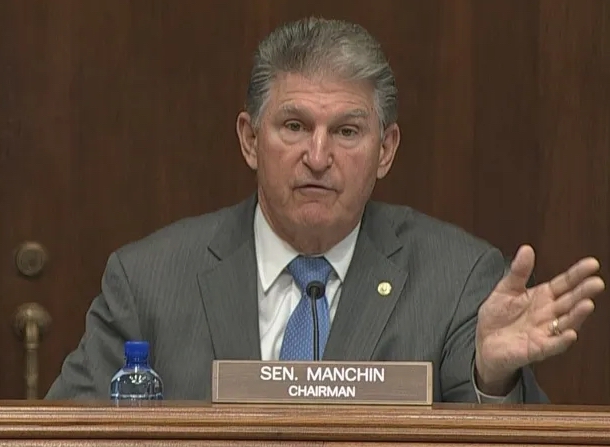From the Syllabus:
Kansas makes it a crime to commit “identity theft” or engage in fraud to obtain a benefit. Respondents, three unauthorized aliens, were tried for fraudulently using another person’s Social Security number on the W–4’s and K–4’s that they submitted upon obtaining employment. They had used the same Social Security numbers on their I–9 forms [which are used to verify elligibilty for employment under federal immigration law]. Respondents were convicted, and the Kansas Court of Appeals affirmed. A divided Kansas Supreme Court reversed, concluding that [federal law] expressly prohibits a State from using any information contained within an I–9 as the basis for a state law identity theft prosecution of an alien who uses another’s Social Security information in an I–9. The court deemed irrelevant the fact that this information was also included in the W–4 and K–4. One justice concurred based on implied preemption.
The Kansas Supreme Court … relied on §1324a(b)(5), which broadly restricts any use of an I– 9, information “contained in” an I–9, and any documents appended to an I–9, reasoning that respondents’ W–4’s and K–4’s used the same false Social Security numbers contained in their I–9’s. The theory that no information placed on an I–9 could ever be used by any entity or person for any reason—other than the handful of federal statutes men- tioned in §1324a(b)(5)—is contrary to standard English usage. … The mere fact that an I–9 contains an item of information, such as a name or address, does not mean that information “contained in” the I–9 is used whenever that name or address is used elsewhere. …
Respondents’ argument that Kansas’s laws are preempted by implication is also rejected. …
The laws do not fall into a field that is implicitly reserved exclusively for federal regulation, including respondents’ claimed field of “fraud on the federal verification system.” The submission of taxwithholding forms is neither part of, nor “related” to, the verification system. …
There is likewise no ground for holding that the Kansas statutes at issue conflict with federal law. It is certainly possible to comply with both IRCA and the Kansas statutes, and respondents do not suggest otherwise. They instead maintain that the Kansas statutes, as applied in their prosecutions, stand as “an obstacle to the accomplishment and execution of the full purposes” of IRCA—one of which is purportedly that the initiation of any legal action against an unauthorized alien for using a false identity in applying for employment should rest exclusively within the prosecutorial discretion of federal authorities. … But … Congress made no decision that an unauthorized alien who uses a false identity on tax-withholding forms should not face criminal prosecution, and it has made using fraudulent information on a W–4 a federal crime. Moreover, in the present cases, there is certainly no suggestion that the Kansas prosecutions frustrated any federal interests. Federal authorities played a role in all three cases, and the Federal Government fully supports Kansas’s position in this Court. In the end, however, the possibility that federal enforcement priorities might be upset is not enough to provide a basis for preemption. The Supremacy Clause gives priority to “the Laws of the United States,” not the criminal law enforcement priorities or preferences of federal officers.


